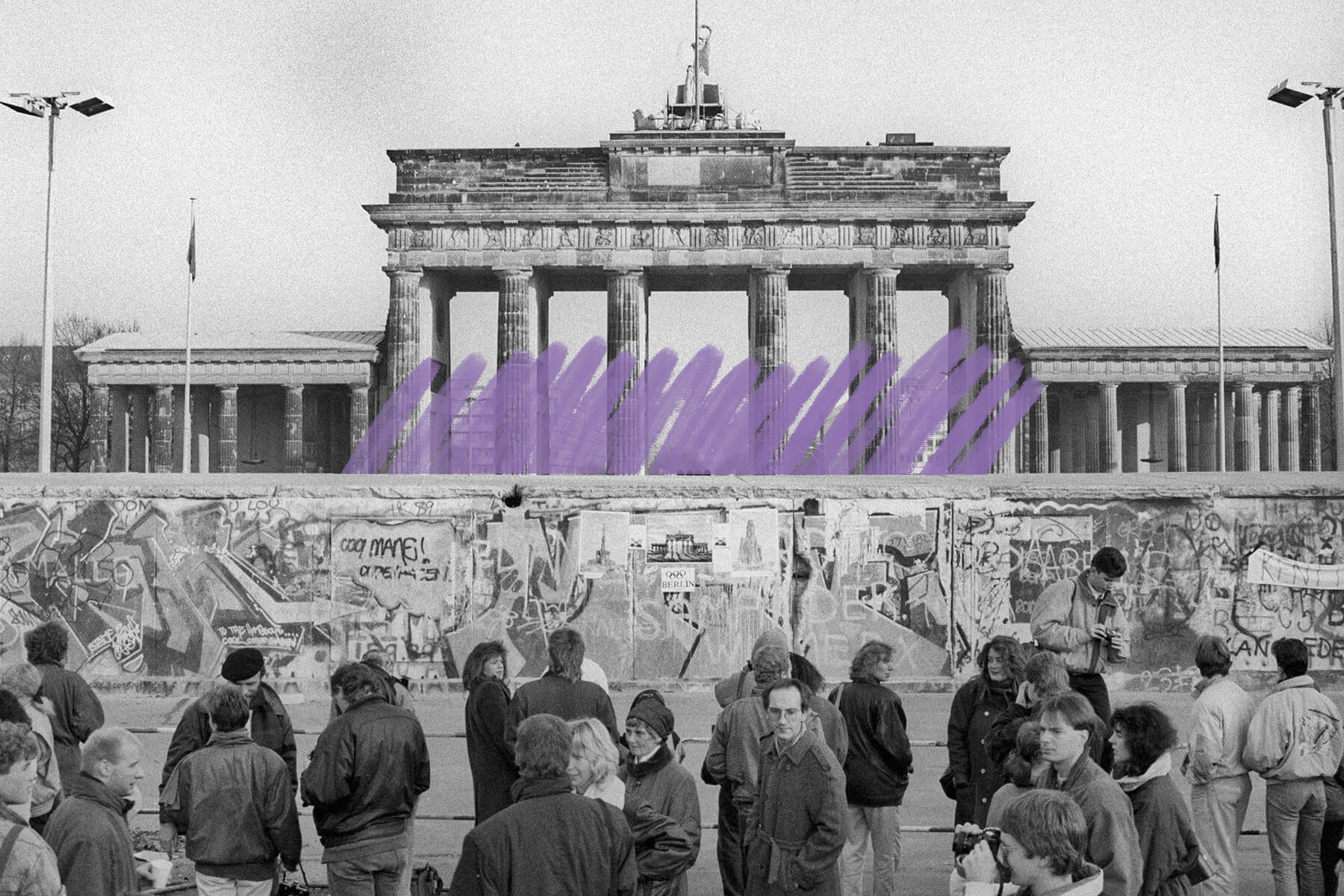The fall of the Berlin Wall was partly due to a bureaucratic mistake.
The Berlin Wall stood for 28 years, separating East and West Berlin from 1961 to 1989. Had it not been for a bureaucratic mistake, it might have stood a little longer. Facing mounting pressure, East Germany announced on November 9, 1989, that its citizens could begin visiting the West, though the policy wasn’t meant to take immediate effect. Instead, it was supposed to be rolled out gradually and involve a visa application. However, that’s not what an unprepared politburo member named Günter Schabowski said when asked at a press conference that evening about the timeline for East Germans to begin their visits — his answer was “immediately, without delay.”
Excited by the news, thousands of East Germans descended on the wall to both celebrate and make the crossing they’d been waiting so long for. This was especially overwhelming to Harald Jäger, a guard at the Bornholmer Strasse checkpoint. Receiving little in the way of helpful guidance from his superiors and faced with a growing crowd — to say nothing of the fact that he was waiting on results of a cancer test — he opened the gate. Other checkpoint guards did likewise, and this vital part of the Iron Curtain was finally torn down.







